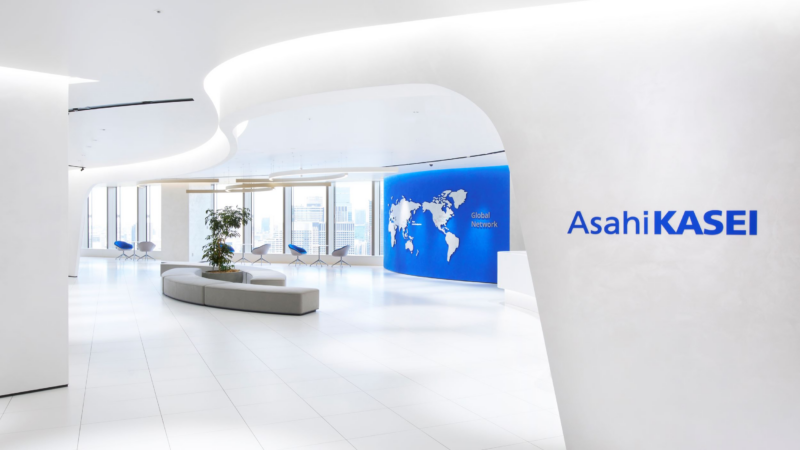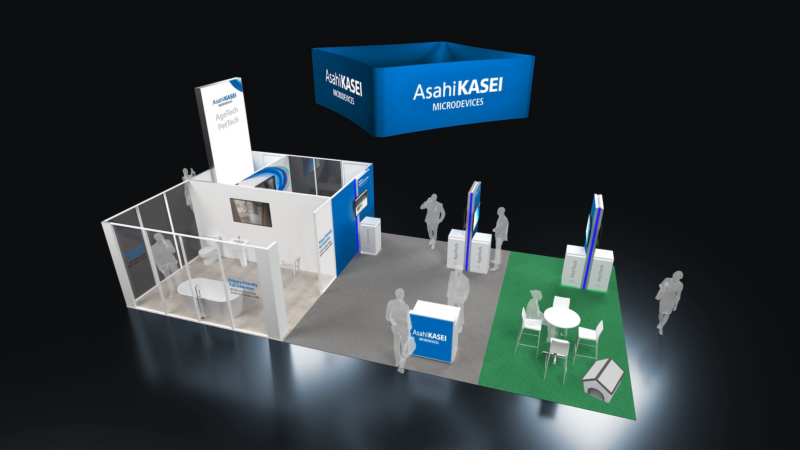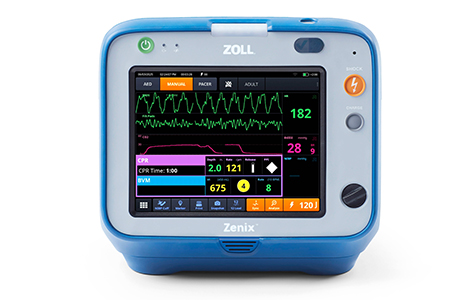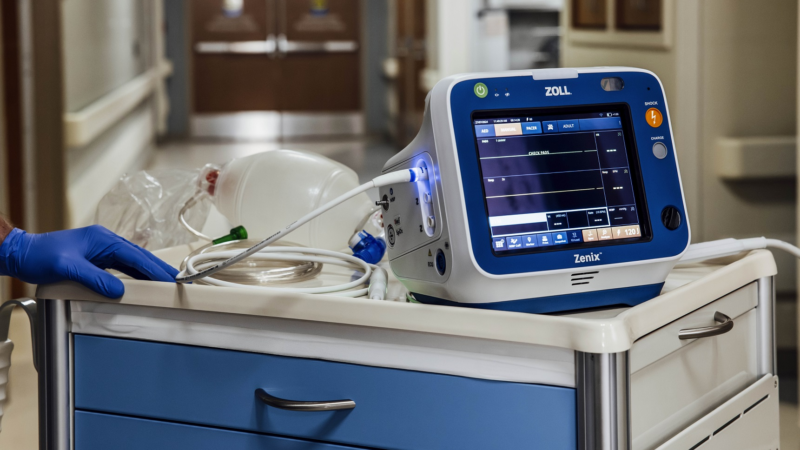Due to the Corona pandemic, FFP2 masks are now known to the population. Masks not only help against disease transmission, but also against particles, gases and vapors. In many industries, such as chemical, mining and construction, employees are exposed daily to hazardous substances that can endanger their health.
Respirators are an essential tool to ensure employee protection from these hazards. However, there are different types of respirators that are designed for specific hazardous materials. One particularly powerful type of respirator is known as a particulate, gas, and vapor mask, which provides greater filtration performance and protection against these hazardous substances.
Dust, aerosol, gases, vapors – occupational safety with FFP2 masks
Max Leber, Managing Director of Berliner PPE Germany GmbH, in conversation: „One way of protecting yourself against these hazardous substances is to use respiratory protection masks. Particularly suitable here are FFP2 masks, which offer a high level of protection against dust, aerosols, gases and vapors. These masks filter the inhaled air and thus retain the dangerous particles.“ PPE Germany GmbH produces about 45 million FFP2 masks per month at its Berlin site.
What is an FFP2 mask anyway?
An FFP2 mask (Filtering Face Piece) consists of several layers that perform different tasks. The outer layer protects against moisture and dust, while the inner layer increases comfort. The filtering layer in the center of the mask is the real heart. It consists of different materials that vary in fineness depending on the requirements and can thus retain particles of different sizes. These are certified according to the EU standard EN 149:2001+A1:2009, which is identical to the US N95 standard.
Wearing comfort and proper fit of the mask
To ensure the effectiveness of FFP2 masks, it is important that they are put on correctly and have sufficient filtering power. They must also be changed regularly, as they become clogged over time due to the absorption of dust, aerosols, gases and vapors, and thus lose their protective effect.
Application Protective clothing and respiratory protective equipment
There are simple mouth masks that protect mainly the wearer himself and FFP2 or FFP3 masks that protect both the wearer and the environment. Depending on the filtration performance, the definition follows in FFP1 to FFP3, with the strongest filtration performance having an FFP3 mask. In addition to respirators, other respiratory protective equipment is also used, such as respirators or breathing air filters. These are mainly used in work environments where a high concentration of hazardous substances is prevalent and a conventional respirator is not sufficient.
In addition to protective equipment for the respiratory system, there is also protective clothing that protects the skin and body from hazardous substances. For example, there are chemical protective suits or protective suits that protect against radioactive substances.
V.i.S.d.P.:
Moritz Roland
OTA training & blogger
Moritz Roland, a graduate of the English boarding school Rossall School in Fleetwood, Great Britain, with the International Baccalaureate Diploma (IB). Moritz is in vocational training OTA in healthcare. Moritz joined www.startup-venture-news.com in 2022. He is particularly interested in the transformation of healthcare – putting people’s health first – through technology, digitalization and Artificial Intelligence to holistic health from A–Z. The blog akopjan-health.de offers numerous topics around health and corporate health management. You can reach us at www.abowi.com
PPE Germany GmbH mit Sitz in Berlin sind Spezialisten für Atemschutz Made in Germany. PPE Germany zählt zu den großen europäischen Maskenproduzenten für qualitativ hochwertige FFP2-Masken und startete 2020 mit der Produktion, um die Versorgung der Bevölkerung mit Schutzausrüstung zu gewährleisten. PPE Germany schützt die Gesundheit von Menschen, die in komplizierten Luftverhältnissen arbeiten und leben müssen beispielsweise durch Virale Kontamination, Krankenhauskeim Kontamination, Bakterielle Kontamination, Staub, Fasern (z.B. durch Mineralwolle), Industrieabgase, Feinstaub. Alle PPE Germany Produkte sind zertifiziert und unterliegen den strengsten Prüfstandards.
Company-Contact
PPE Germany GmbH
Max Leber
Mertensstraße 63-115
13587 Berlin
Phone: +49 30 202366380
E-Mail: 
Url: https://ppegermany.de
Press
PPE Germany GmbH
Max Leber
Mertensstraße 63-115
13587 Berlin
Phone: +49 30 202366380
E-Mail: 
Url: https://ppegermany.de
Die Bildrechte liegen bei dem Verfasser der Mitteilung.







